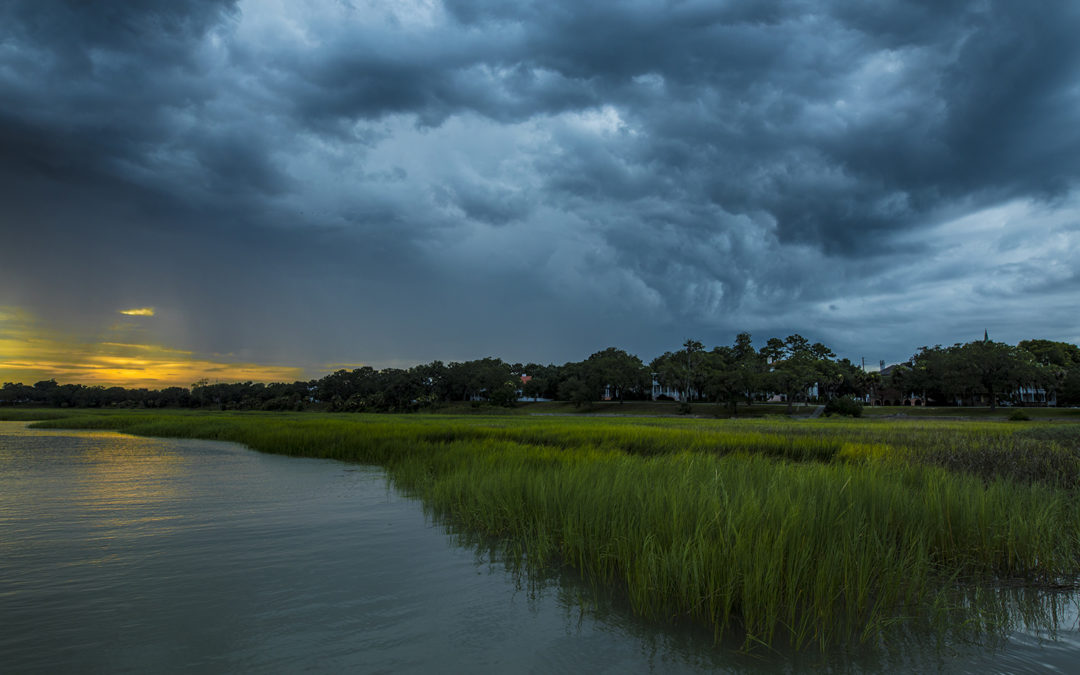
What Next?
What Next?
This might seem like a weird statement while we are struggling to get a grasp on the present, but I’m going to go ahead and say it: we need to plan for the future.
How do we do that when we don’t know what tomorrow looks like, you ask? Good question. I’m not entirely sure, but I have some ideas.
While reading an article last week talking about how critical it is right now to continue planning for the future, I was struck by what young people must be going through. This formative period when kids grow into young adults comes with enough stress, doubt, and anxiety as-is.
The question I keep hearing when I listen to people talk about what’s going on is, “what’s next?”
What’s next for me as a student? What’s next for my family as a parent? What’s next for me as a professor? What’s next for children, or for my career? That question creates whole new level of anxiety on top of what we’re facing right now, which is why it’s important to keep an eye on investing in the future.
Even though we don’t know exactly what the future will look like (do we ever, really?), we need to collectively believe it can be a good one if we invest in it the right way.
Not only do we need to keep our students safe, we also need to create better, more effective systems that move them efficiently into what they want to do after university. And education needs to be accessible regardless of your background or financial situation.
On that front, I really appreciate that President Ted Carter is so proactive. He’s someone who addresses reality, comes up with a plan, and keeps moving forward. Initiatives like the Nebraska Promise and freezing tuition are important to start to answer that question of what’s next.
For better or worse, everything we do is being called into question – what we teach, how we teach, where we teach it. The curious side of me wonders how we parlay this challenge into a bright and safe future for anyone who wants to finish a degree, change their job, simply learn more about the world, or get certified in a field they love and care about.
It’s also critical that we help students stay in school. That requires outstanding advisement, access to resources, and clear communication between students, faculty, staff, and advisors.
My hope is that we emerge from this crisis with new willingness to re-think things regularly, and to make change more timely.
Let’s start looking at what we want in the future so that we can reverse engineer it. Start the process in the present. So that when time is right, we’ll be ready.
*Barbara’s thoughts as written by Kate based on weekly (fascinating) conversations.











